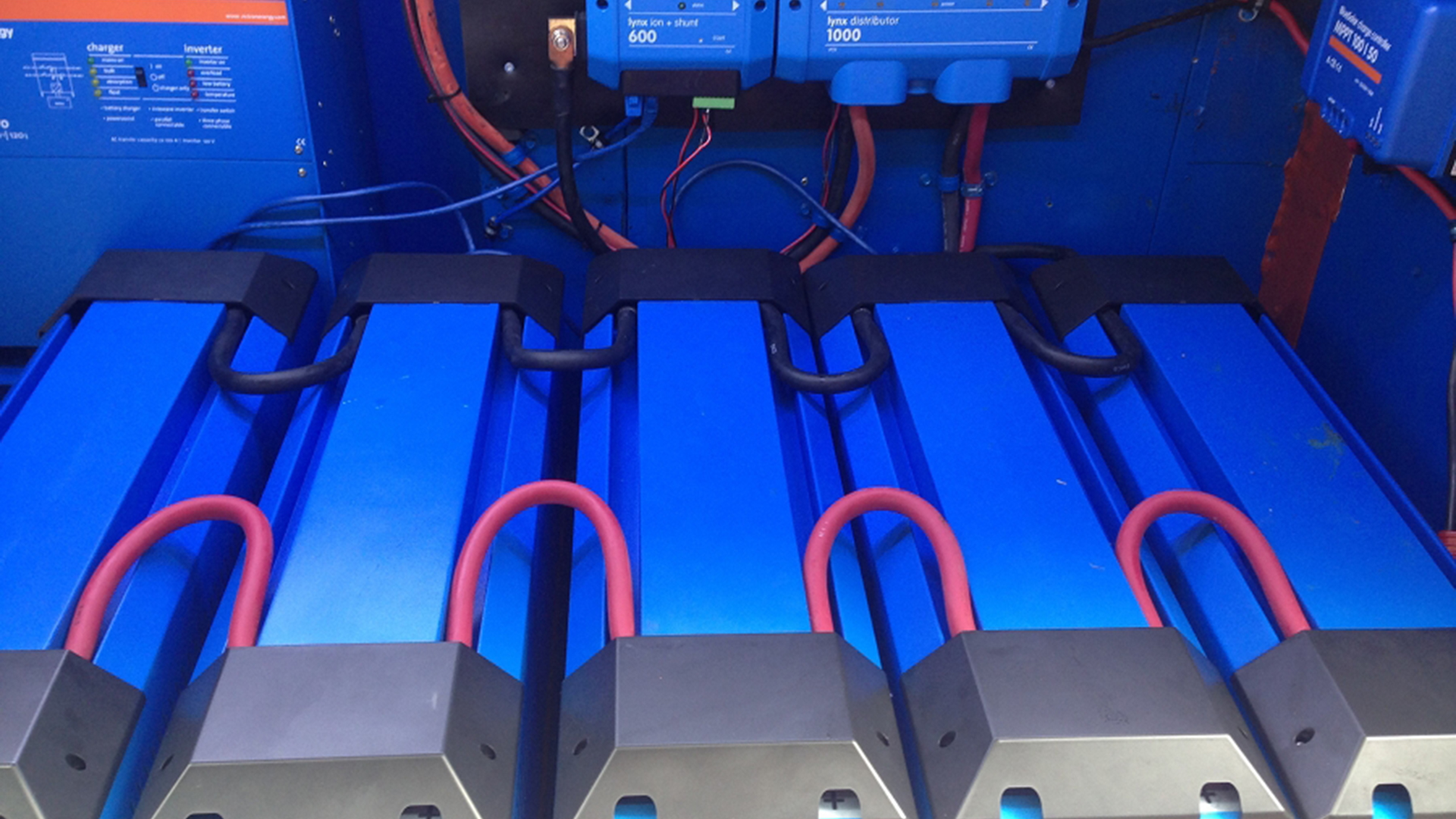Purchasing an inverter is a crucial step in keeping your energy system running smoothly. Whether you’re building a residential solar system or an energy storage network, avoiding common mistakes can save you time, money, and worry in the long run. In this article, we’ll look at the mistakes to avoid when buying an inverter for your energy system.
 Mistakes to Avoid
Mistakes to Avoid
- Not assessing your needs
It’s essential to clearly define your needs before embarking on the purchase of an inverter. For example, if you have a home with multiple energy-hungry appliances like a refrigerator, washing machine, and heating system, you’ll need a more robust inverter. Additionally, if you are planning to install a solar system on your roof in the near future, this should also be considered. For example, a friend bought an inverter for his small chalet without taking into account a future solar installation, and as a result, he had to invest in a more suitable model again a year later. - Ignore Power Output
Power output is one of the key things to consider when buying an inverter. Let’s take the example of a movie buff with a powerful home theater: if they opt for an inverter with low power output, they might face interruptions right in the middle of their favorite movies. In addition, devices like aquarium pumps or computers require a stable power supply; Insufficient power output can cause them to stop suddenly, with potentially disastrous consequences. - Neglecting Compatibility
Compatibility is paramount to ensure that your inverter runs smoothly. For example, if you have invested in a state-of-the-art solar panel system, but your inverter is old or not designed for this type of system, you may experience energy losses. Similarly, a farmer who wants to power his equipment with a wind turbine will have to make sure that the inverter he chooses is suitable for this type of energy source. - Not Checking Brand and Reputation
The importance of a reliable brand cannot be understated. For example, a colleague bought a low-cost inverter from an unknown brand for his workshop. Unfortunately, after only a few months of use, it started to run into problems, and the after-sales service was not up to par. Conversely, another friend who invested in a well-known brand not only enjoyed consistent performance, but also received great support when questions or concerns arose.
- Omit Warranty
A warranty is not just a document: it is a reflection of the manufacturer’s confidence in the longevity and reliability of their product. For example, a manufacturer offering a ten-year warranty on its inverter demonstrates certainty in its ability to last over time. It’s also insurance for you. Imagine, after only a few years of use, that your inverter starts to show signs of malfunction. A solid warranty would save you from unexpected repair or replacement costs. - Ignoring efficiency
In a world where energy efficiency has become a mantra for sustainability, ignoring this criterion is a serious omission. Think of an inverter as a gateway: the more efficient it is, the less energy is lost during the passage. For example, if you’re using solar panels to power your home, a highly efficient inverter ensures that most of that valuable energy is used, rather than wasted in conversion.
Conclusion
Buying an inverter is a crucial decision that deserves careful consideration. By paying attention to things like warranty, efficiency, brand, and compatibility, you’re not only investing in a device, but also in peace of mind. In an era focused on sustainability, choosing the right inverter can make all the difference, not only in terms of energy savings, but also in the future-proofing of your electronic equipment. So be vigilant and make an informed decision.
FAQ’s
Why is it important to assess my needs before buying an inverter?
Assessing your needs allows you to choose an inverter that is suitable for your system’s capacity and energy loads.
How can I check the compatibility of the inverter with my power sources?
Check the specifications of the inverter to make sure it supports the voltages and electrical characteristics of your power sources.
What are the benefits of an extended warranty for an inverter?
An extended warranty provides peace of mind in the event of an inverter failure, as you can get a repair or replacement at no additional cost.
Can I buy an inverter based only on the maximum power output?
No, it is important to consider the continuous power output as well as the energy requirements of your devices to avoid overloads.
How can I compare the energy efficiency of inverters?
Refer to the inverter’s specifications to find its rated efficiency, indicating its efficiency during energy conversion.
Conclusion
Buying an inverter for your energy system requires a thoughtful approach to avoid costly mistakes. Assessing your needs, checking compatibility, choosing a reputable brand, and considering energy efficiency are all important factors to consider. By avoiding these common mistakes, you can ensure that your inverter will perform optimally and sustainably, contributing to the efficiency and reliability of your energy system.



